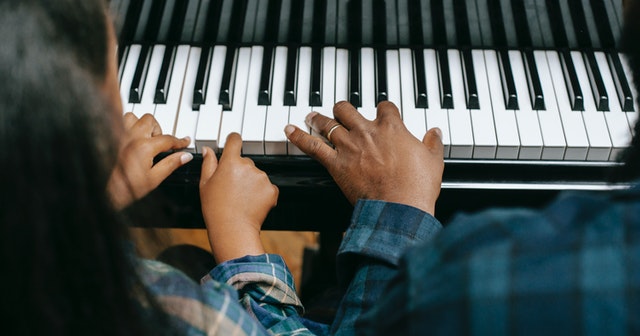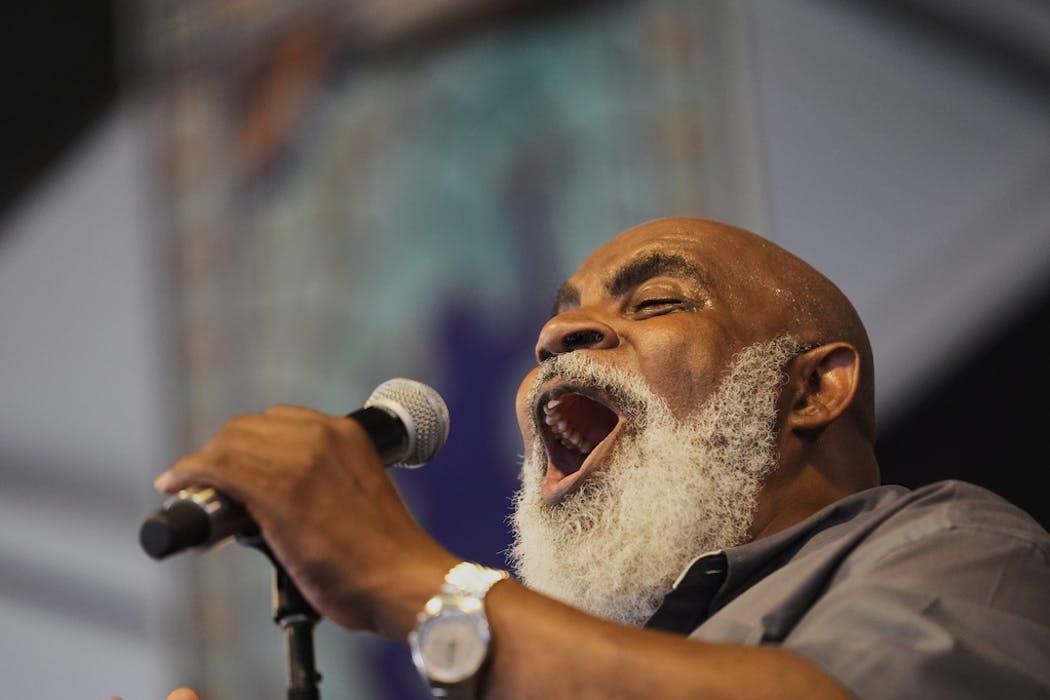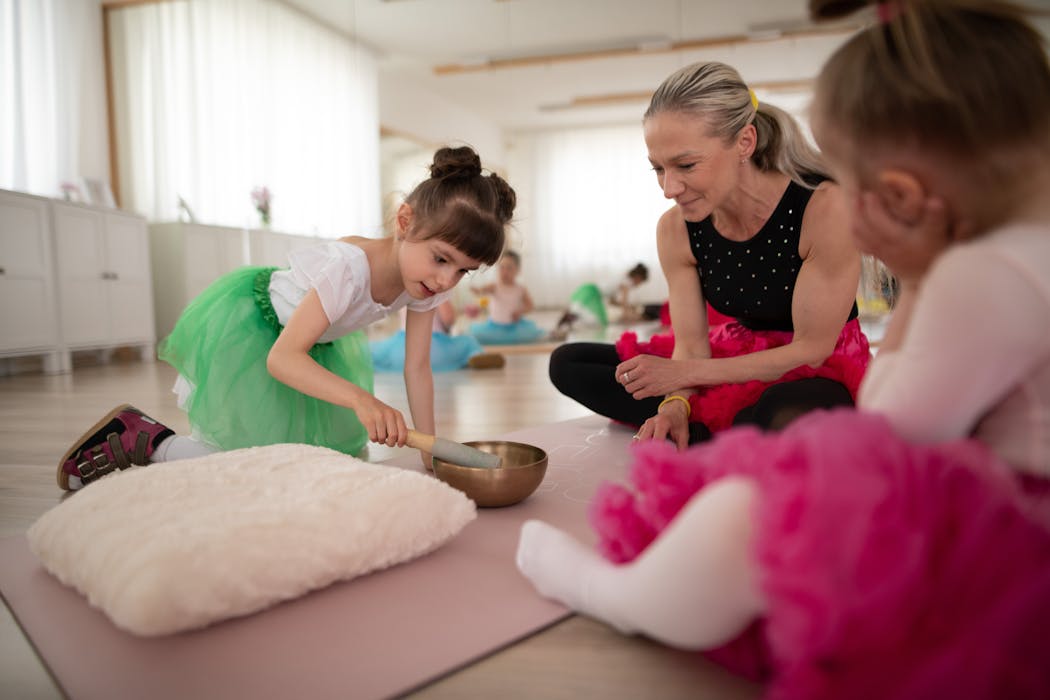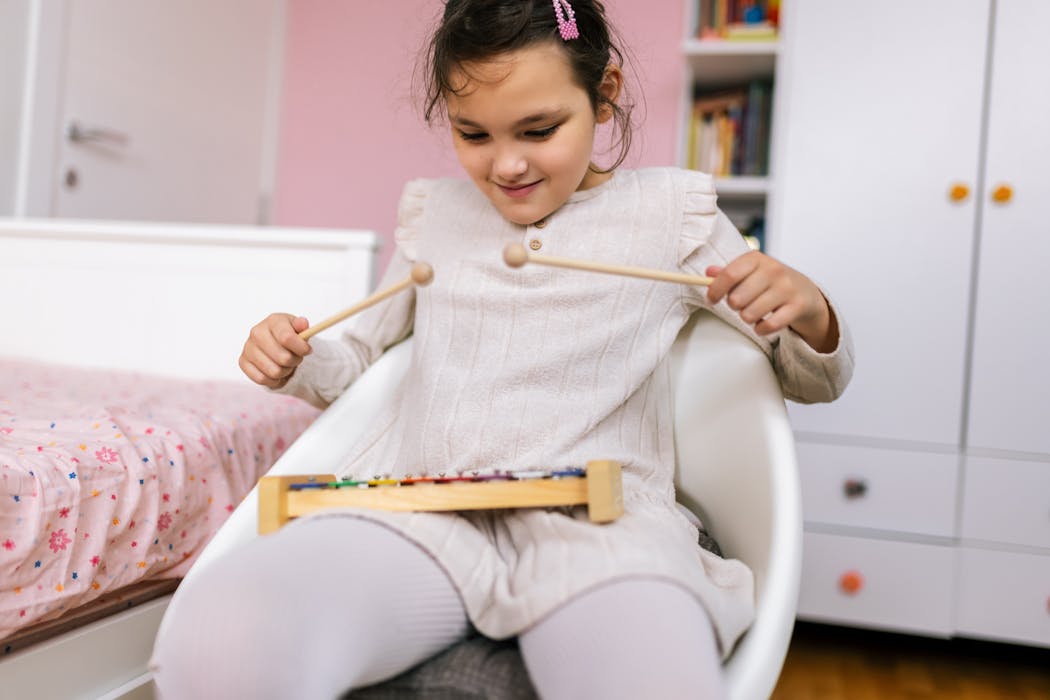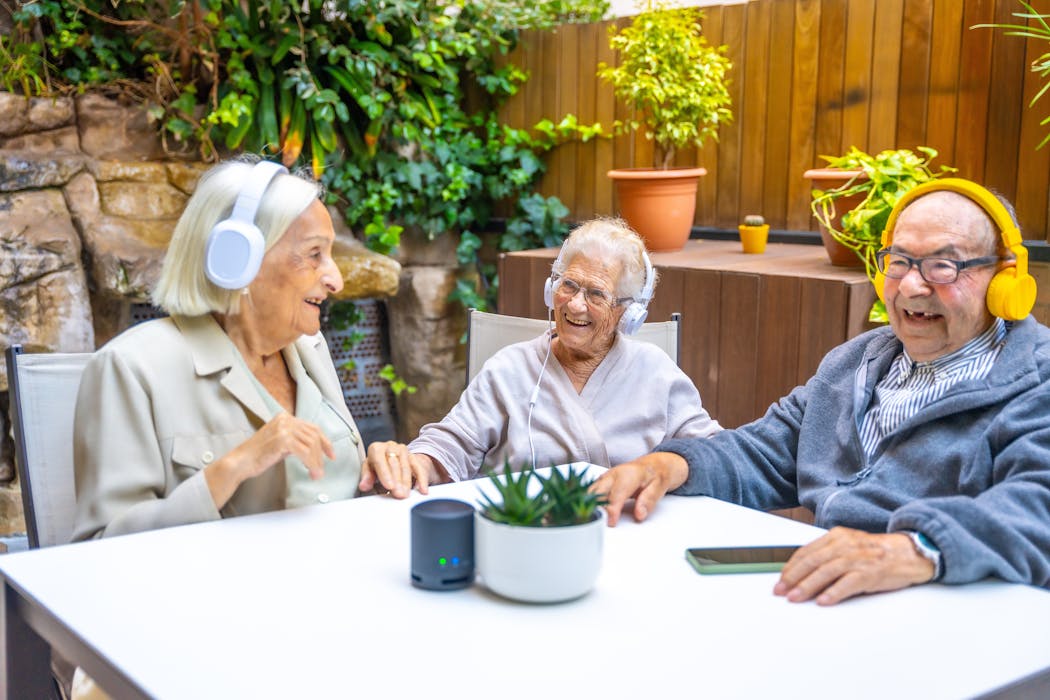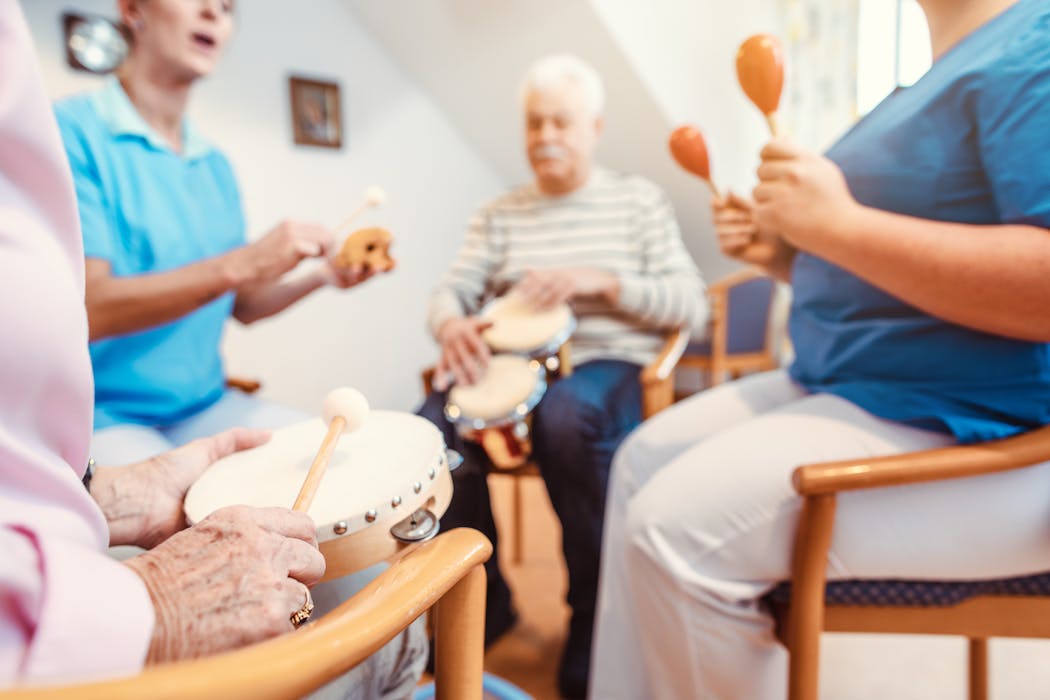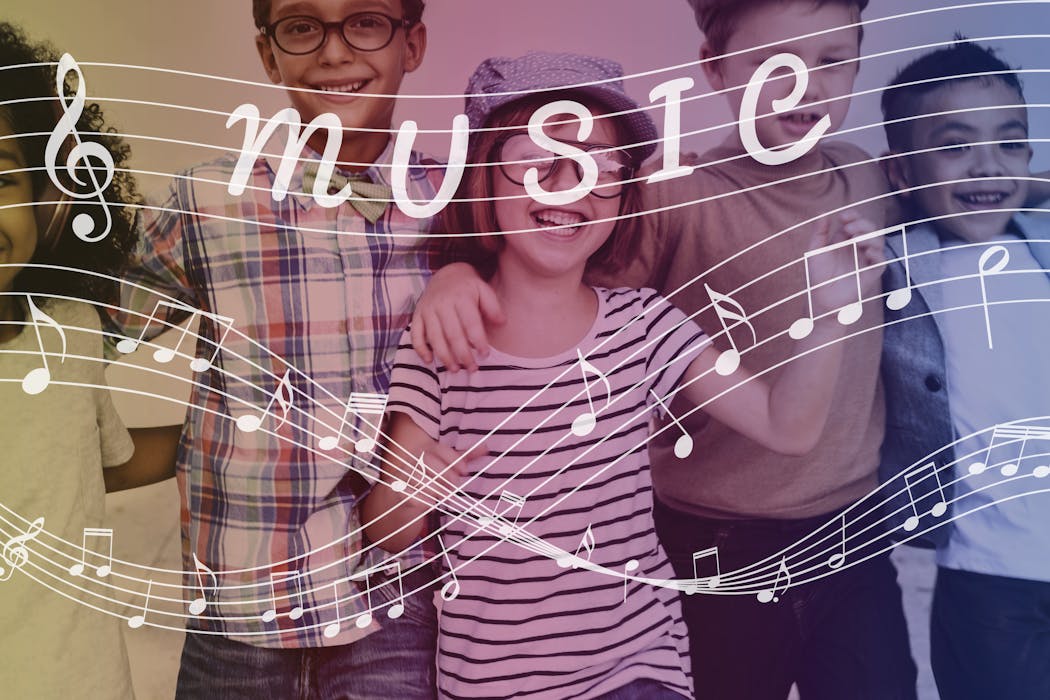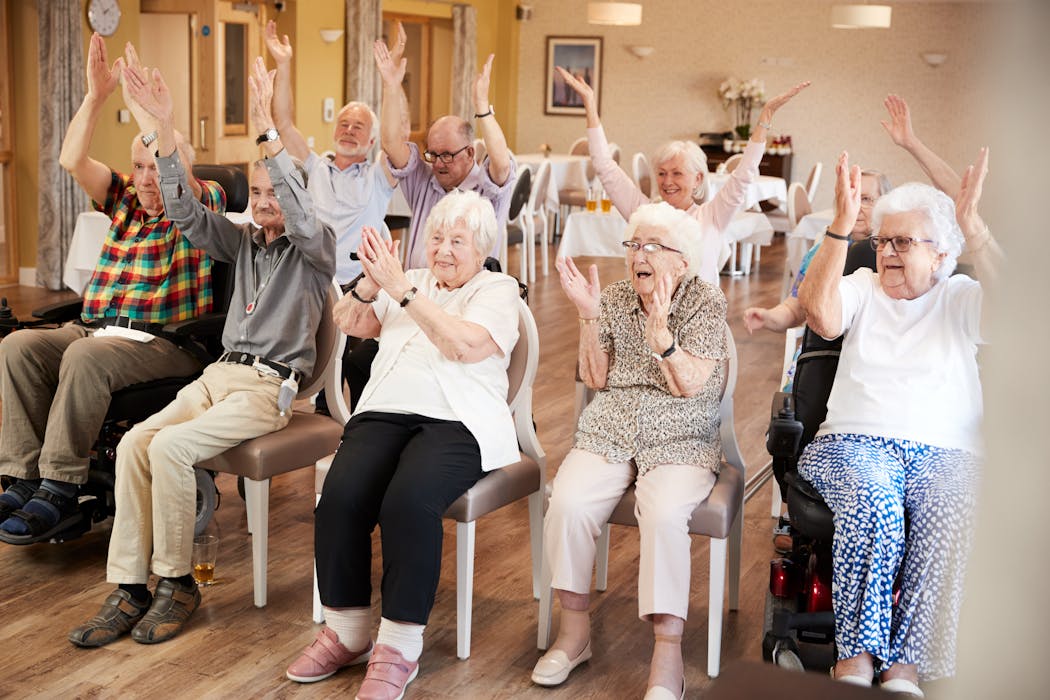Dance Movement Therapy (DMT) is a form of therapy that uses movement and dance to promote emotional, social, cognitive, and physical integration of the individual. It is based on the belief that the body and mind are interconnected, and that movement can be used as a tool to promote healing and personal growth. DMT is practiced in a variety of settings, including hospitals, mental health facilities, schools, and community centers. The therapist uses movement and dance to help individuals express their emotions, improve their self-esteem, and develop healthy coping mechanisms. DMT can be practiced in both individual and group settings, and can be tailored to meet the specific needs of each client.
Dance Movement Therapy is based on the idea that the body and mind are interconnected, and that movement can be used as a tool to promote healing and personal growth. It is a holistic approach to therapy that takes into account the physical, emotional, social, and cognitive aspects of the individual. DMT can be used to address a wide range of issues, including anxiety, depression, trauma, and stress. The therapist uses movement and dance to help individuals express their emotions, improve their self-esteem, and develop healthy coping mechanisms. DMT can be practiced in both individual and group settings, and can be tailored to meet the specific needs of each client.
The Physical Benefits of Dance Movement Therapy
One of the key benefits of Dance Movement Therapy is its ability to improve physical health. Through movement and dance, individuals can improve their strength, flexibility, coordination, and balance. DMT can also help individuals manage chronic pain and improve their overall physical well-being. Additionally, DMT can be used as a form of exercise, which can help individuals maintain a healthy weight and reduce their risk of developing chronic diseases such as heart disease and diabetes.
In addition to improving physical health, Dance Movement Therapy can also help individuals manage chronic pain and improve their overall physical well-being. Through movement and dance, individuals can improve their strength, flexibility, coordination, and balance. DMT can also be used as a form of exercise, which can help individuals maintain a healthy weight and reduce their risk of developing chronic diseases such as heart disease and diabetes. Overall, DMT can have a positive impact on an individual’s physical health and well-being.
The Emotional and Psychological Benefits of Dance Movement Therapy
Dance Movement Therapy has been shown to have a positive impact on emotional and psychological well-being. Through movement and dance, individuals can express their emotions in a non-verbal way, which can be particularly beneficial for those who have difficulty expressing themselves through words. DMT can also help individuals develop a greater sense of self-awareness and self-acceptance, which can lead to improved self-esteem and confidence. Additionally, DMT can help individuals process and cope with difficult emotions such as grief, anger, and anxiety.
Furthermore, Dance Movement Therapy has been shown to have a positive impact on emotional and psychological well-being. Through movement and dance, individuals can express their emotions in a non-verbal way, which can be particularly beneficial for those who have difficulty expressing themselves through words. DMT can also help individuals develop a greater sense of self-awareness and self-acceptance, which can lead to improved self-esteem and confidence. Additionally, DMT can help individuals process and cope with difficult emotions such as grief, anger, and anxiety.
The Social Benefits of Dance Movement Therapy
In addition to the physical and emotional benefits, Dance Movement Therapy also offers numerous social benefits. Through movement and dance, individuals can develop greater social skills such as communication, cooperation, and empathy. DMT can also help individuals build connections with others and develop a sense of community. This can be particularly beneficial for those who struggle with social isolation or have difficulty forming relationships with others.
Furthermore, Dance Movement Therapy offers numerous social benefits. Through movement and dance, individuals can develop greater social skills such as communication, cooperation, and empathy. DMT can also help individuals build connections with others and develop a sense of community. This can be particularly beneficial for those who struggle with social isolation or have difficulty forming relationships with others.
The Cognitive Benefits of Dance Movement Therapy
Dance Movement Therapy has been shown to have a positive impact on cognitive function. Through movement and dance, individuals can improve their memory, attention, and problem-solving skills. DMT can also help individuals develop greater creativity and flexibility in their thinking. Additionally, DMT has been shown to have a positive impact on individuals with cognitive impairments such as dementia or traumatic brain injuries.
In addition to the physical, emotional, and social benefits, Dance Movement Therapy also offers numerous cognitive benefits. Through movement and dance, individuals can improve their memory, attention, and problem-solving skills. DMT can also help individuals develop greater creativity and flexibility in their thinking. Additionally, DMT has been shown to have a positive impact on individuals with cognitive impairments such as dementia or traumatic brain injuries.
Who Can Benefit from Dance Movement Therapy
Dance Movement Therapy is a versatile form of therapy that can benefit individuals of all ages and abilities. It can be particularly beneficial for those who struggle with verbal communication or have difficulty expressing themselves through words. DMT is also beneficial for those who are looking for a holistic approach to therapy that takes into account the physical, emotional, social, and cognitive aspects of the individual. Additionally, DMT can be tailored to meet the specific needs of each client, making it an effective form of therapy for a wide range of individuals.
Furthermore, Dance Movement Therapy is a versatile form of therapy that can benefit individuals of all ages and abilities. It can be particularly beneficial for those who struggle with verbal communication or have difficulty expressing themselves through words. DMT is also beneficial for those who are looking for a holistic approach to therapy that takes into account the physical, emotional, social, and cognitive aspects of the individual. Additionally, DMT can be tailored to meet the specific needs of each client, making it an effective form of therapy for a wide range of individuals.
How to Incorporate Dance Movement Therapy into Your Life
There are many ways to incorporate Dance Movement Therapy into your life. You can seek out a certified DMT practitioner who can work with you individually or in a group setting. Many community centers and mental health facilities offer DMT classes or workshops that are open to the public. Additionally, you can incorporate movement and dance into your daily routine by engaging in activities such as yoga, tai chi, or simply dancing to your favorite music at home. By incorporating movement and dance into your life, you can experience the numerous physical, emotional, social, and cognitive benefits that Dance Movement Therapy has to offer.
In conclusion, Dance Movement Therapy is a holistic form of therapy that offers numerous physical, emotional, social, and cognitive benefits. It is based on the belief that the body and mind are interconnected, and that movement can be used as a tool to promote healing and personal growth. DMT is practiced in a variety of settings and can benefit individuals of all ages and abilities. By incorporating movement and dance into your life through DMT practices or other activities such as yoga or tai chi, you can experience the numerous benefits that this form of therapy has to offer. Whether you are looking to improve your physical health, manage difficult emotions, develop greater social skills, or enhance your cognitive function, Dance Movement Therapy may be an effective tool for promoting overall well-being.
Find out how Torongo Therapyplus can help you with your needs. Get in touch with us at smile@torongo.life, or call us on 02 8809 9965.




